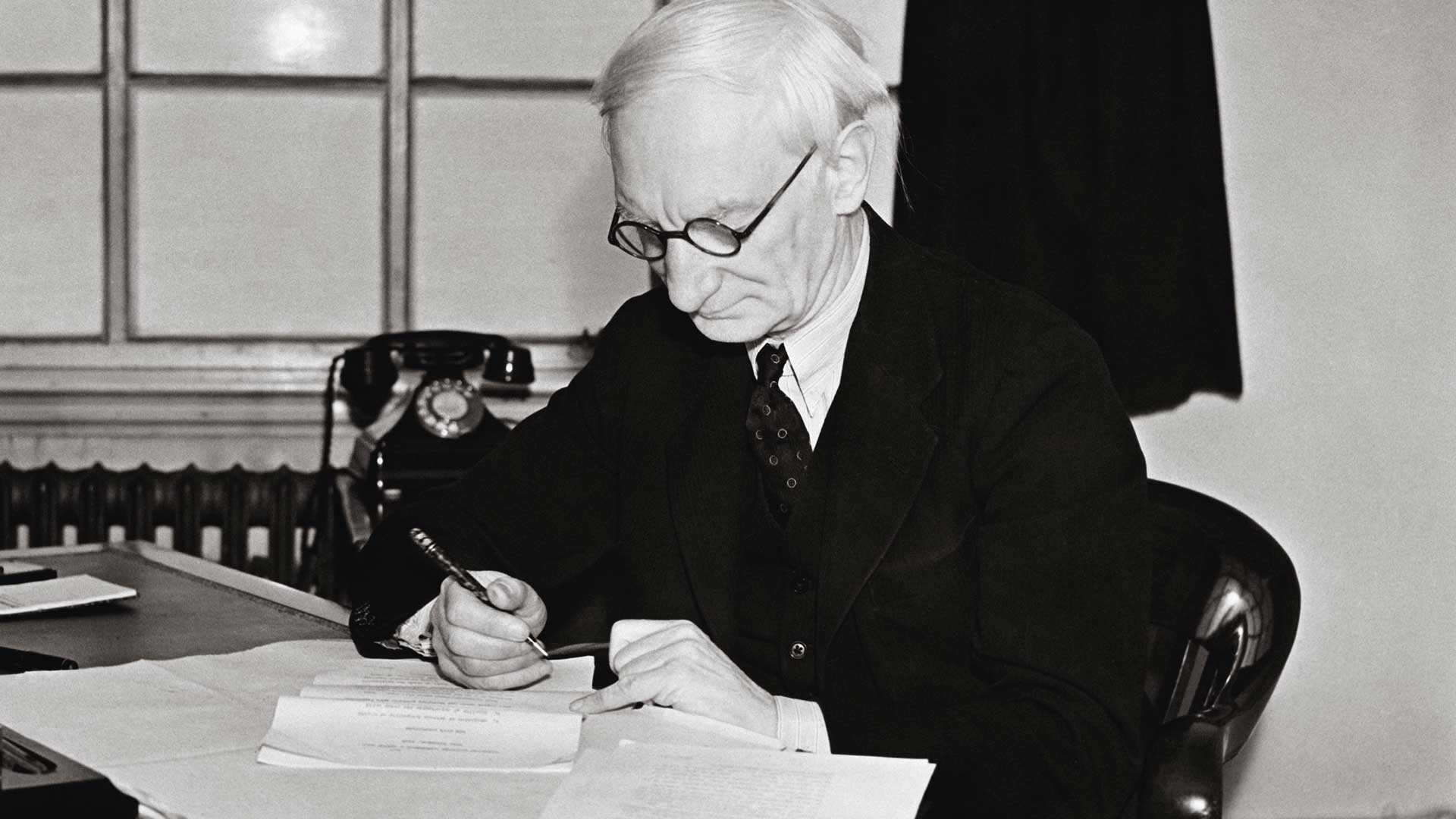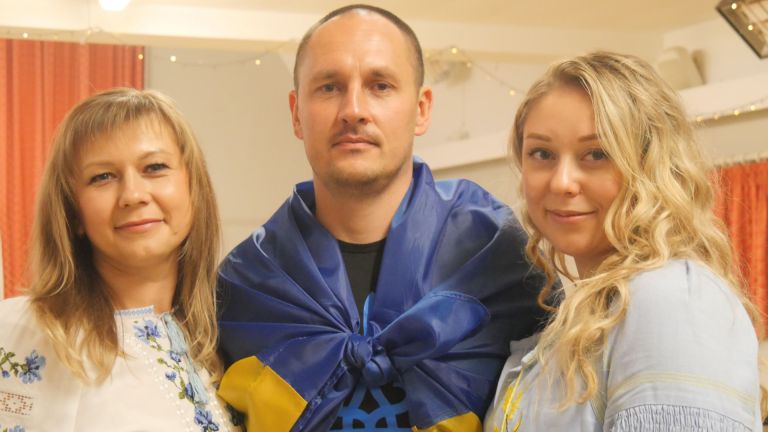Broad definitions can be cut and sliced, and the big figures of poverty remaining relatively stable obscures something more insidious and entrenched. Poverty has not seen a sustained fall in more than 20 years, and the character of that poverty has deepened, with the poorest families falling two-thirds further below the poverty line in the past 25 years.
Rough sleeping in England has skyrocketed by 20% in a year, a situation described by frontline charities as a “humanitarian emergency”. In all, two-and-a-half-times more people sleep on the streets than 15 years ago.
Whereas during the war, Britain was keen to get the Beveridge Report into the hands of the continent, this time outsiders are passing their verdict. The UN’s Committee on Economic, Social and Cultural Rights in March issued a stark report warning the country’s failings on poverty amount to a violation of human rights.
The impacts of this undeclared war are keenly felt on our plates. Poverty and a poor diet is making children shorter, fatter and sicker. The average height of five-year-olds has fallen, with austerity and cuts to the NHS blamed. Some 7.2 million people in the UK experience food poverty, including 17% of children. Half of those on universal credit can expect to run out of food in a given month.
At the heart of Dorothea Barron’s inspirational tale is a will to get through, the natural drive of people to help. In communities across the country, the war on poverty has been recognised – and the methods of battle hark back to those seen during World War II.
Families receive rations of food, not portioned out by ration books but by food bank volunteers. Directly inspired by the public canteens of the war, which used food to bring the public together in large-scale mealtimes, activists are bringing back Canteen Culture. At a church in Norwich, Big Issue director Parveen Bird is pushing forward with a project to grow food for marginalised communities and improve access to fresh fruit and vegetables. Dig for Victory has made a comeback.
Advertising helps fund Big Issue’s mission to end poverty
Communities are on a war footing. So where is the government?
Wartime lives in the British imagination as a time of scarcity and suffering. Yet Beveridge’s report made domestic poverty a live issue, there and then, even as – in our collective memories, at least – the country turned its total focus to fighting the Nazis. A “revolutionary moment in the world’s history is a time for revolutions, not for patching”, Beveridge implored.
Free school meals were drastically expanded in 1940. Milk and meals were subsidised and given for free in cases of real need – funded by increased treasury grants. From 1940-45, the proportion of children eating at school went from 3.3% to 33%. Infant mortality fell, as did other diseases stemming from squalor. It was the first time many of the country’s poorest got proper nutrition. The nation’s success depended on alleviating poverty – not the other way around, as appears to be the approach now.
Five pillars on poverty
Declaring a war on poverty is not a new idea, nor a simple one to bring about. Readers of this magazine will be familiar with John Bird’s efforts to persuade the government to do just that.
Where Beveridge had five evils, Big Issue has five pillars. Learning and employment; housing; health and wellbeing; environment and community; financial and digital inclusion. All combine to make poverty harder, stickier and tanglier. Tackle these and poverty can be dismantled.
If the war effort is in need of new weapons, let it steal Big Issue’s Poverty Zero law, which would require governments to set legally binding poverty reduction targets (click the link to sign up and add your voice).
Advertising helps fund Big Issue’s mission to end poverty
Then there’s John Bird’s campaign to establish a Ministry of Poverty Prevention and Cure, bringing different strands of government together to fight poverty. We even have our own Manhattan Project, putting heft behind the organisations which run headfirst at the enemy of poverty: in Big Issue Invest, our social investment arm, £99 million of funding has found its way across more than 600 investments in the last 20 years. And in the magazine and online, our journalists uncover social evils and explore solutions.
Even if less explosive, poverty threatens lives just as surely as bombs. Men in the UK’s poorest areas die 10 years sooner than those in the country’s richest areas.
As Labour leader in a unity government during the war, Clement Attlee was slow on the uptake with Beveridge’s ideas. He faced a mass rebellion from MPs and was warned he was making a “series of blunders”. The TUC demanded an election if politicians tried to put the issue off until after the war.
The current situation has parallels. Keir Starmer had to sack his own MPs over his government’s insistence on a two-child benefit cap which keeps hundreds of thousands of children in poverty. Over a million people with cancer, arthritis and more could lose their disability benefits under planned cuts to welfare – all to justify fiscal rules. Rumours persist that universal school meals could fall foul of cost-saving measures, despite ministers’ denials.
Attlee at least had the excuse of bombers overhead. He eventually saw the light, wrote himself into history, and left a real legacy. The time has come to declare war on poverty.
Do you have a story to tell or opinions to share about this? Get in touch and tell us more. Big Issue exists to give homeless and marginalised people the opportunity to earn an income. To support our work buy a copy of the magazine or get the app from the App Store or Google Play
Advertising helps fund Big Issue’s mission to end poverty






